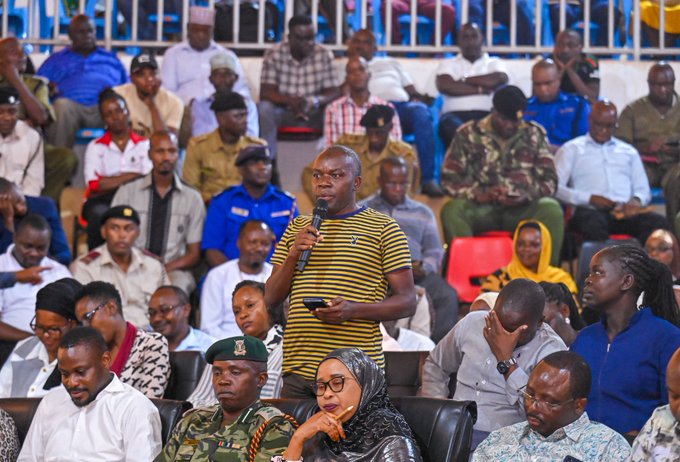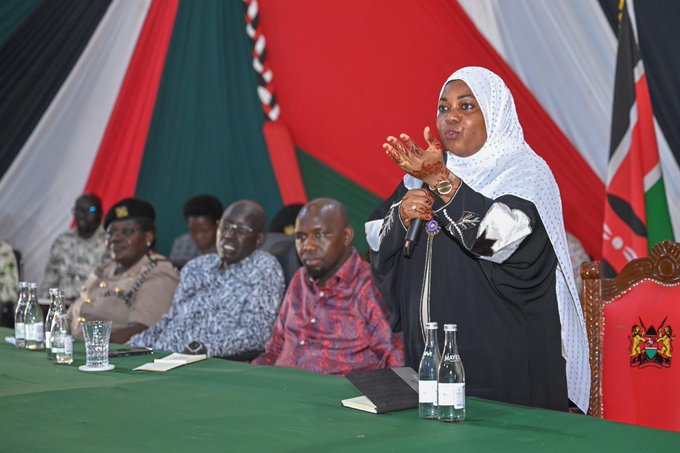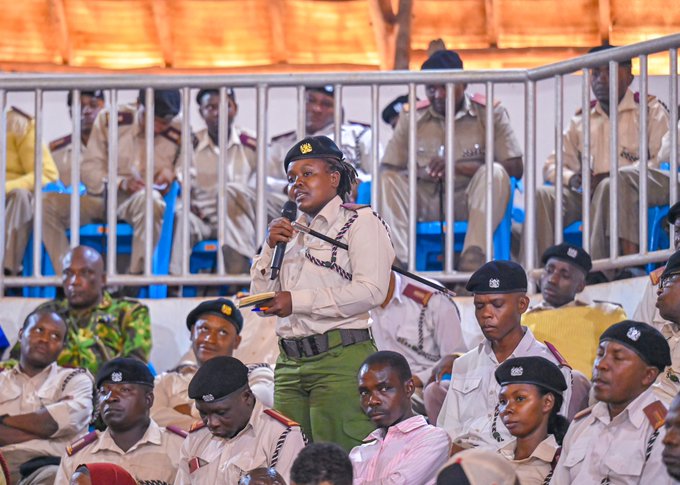NAIROBI, Kenya— In a move poised to reshape the foundations of law enforcement accountability in Kenya, the Ministry of Interior and Coordination of National Government is introducing a community-driven performance evaluation system.
For the first time, the voices of ordinary citizens will directly influence the promotion, posting, and disciplinary actions of police officers and other National Government Administrative Officers.
At the heart of this reform is a new appraisal tool that incorporates insights collected through Jukwaa la Usalama, a grassroots platform designed to foster dialogue between communities and security agencies.
By gathering feedback at the local level, this initiative aims to ensure that officers who demonstrate exemplary service, transparency, and respect for human rights are rewarded accordingly.
Previously, police promotions in Kenya were predominantly guided by internal assessments.
The National Police Service Commission (NPSC) set the benchmarks, emphasizing factors such as merit, a clean disciplinary record, and the completion of advanced training courses.
Officers who excelled in Higher Training Courses (HTC) and Senior Training Courses (STC) often stood out, with the NPSC conducting interviews and making final decisions on promotions.
Despite the structured criteria, issues such as excessive use of force, abuse of authority, corruption, and lack of transparency have persisted.
These problems erode public trust, hinder effective law enforcement, and can lead to serious human rights violations.
By incorporating feedback from Jukwaa la Usalama, the new performance appraisal system seeks to identify these issues early and address them more effectively.
This model also creates a more transparent and responsive chain of accountability.
The forums, to be held across the country, are tailored to regional concerns, ensuring that local voices help shape security policies and interventions.
JUKWAA LA USALAMA NATIONWIDE TOUR DAY 2 – KWALE CULTURAL CENTRE Today, I engaged with residents, elected leaders, tourism stakeholders and other business people, ministry officials, Chiefs, Assistant Chiefs, security personnel, community leaders, civil society and youth
This localized approach is not only a step toward better governance but also a tool for rebuilding fractured relationships between law enforcement and the communities they are sworn to protect.
As the government rolls out these sweeping reforms, the hope is that community-driven appraisals will establish a new benchmark for law enforcement integrity.
Officers who engage positively with their communities and uphold the highest standards of professionalism will find new avenues for career growth.
In turn, citizens will gain confidence in a system that values their input and actively works to improve their safety and well-being.
This shift is more than procedural—it’s cultural. By tying promotions to public feedback, the government is charting a path toward a more accountable, transparent, and community-oriented law enforcement framework.







